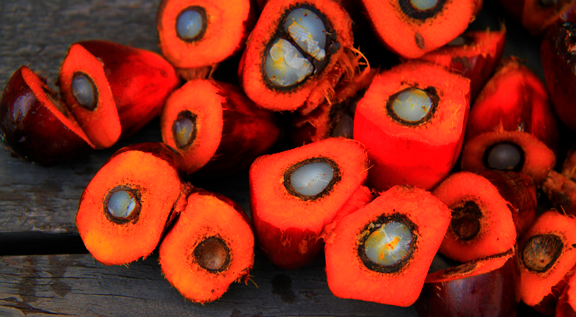
Image: Pixabay
Malaysia said on Thursday it could stop exporting palm oil to the European Union in response to a new EU law aimed at protecting forests by strictly regulating the sale of the product.
Commodities Minister Fadillah Yusof said Malaysia and Indonesia would discuss the law, which bans the sale of palm oil and other commodities linked to deforestation unless importers can show that the production of their specific products did not damage the forests.
{module Form RD}
The EU is a major importer of palm oil and the law, passed in December, sparked protests from the world's top producers, Indonesia and Malaysia.
“If we need to engage experts from abroad to counter any move by the EU, we have to do so,” Fadillah told reporters during a seminar on Thursday.
“Or the option might be for us to just stop exports to Europe, just focus on other countries if they (the EU) are making it difficult to export to them.”
Environmental activists blame the palm oil industry for the rampant deforestation of Southeast Asia's rainforests, even though Indonesia and Malaysia have created mandatory sustainability certification standards for all plantations.
Fadillah, who is also deputy prime minister, urged members of the Council of Palm Oil Producing Countries (CPOPC) to work together against the new law and combat “baseless claims” made by the EU and the United States about sustainability. of palm oil.
The CPOPC, led by Indonesia and Malaysia, has previously accused the EU of unfairly targeting palm oil.
Responding to Fadillah, the EU ambassador to Malaysia said the bloc was not banning any imports of palm oil from the country and denied that the deforestation law created barriers to Malaysian exports.
“(The law) applies equally to commodities produced in any country, including EU member states, and aims to ensure that commodity production does not lead to further deforestation and forest degradation,” EU Ambassador Michalis Rokas told Reuters.
Rokas added that he hopes to meet Fadillah to ease Malaysia's concerns.
EU demand for palm oil was estimated to decline significantly over the next 10 years, even before the new law was passed. In 2018, an EU renewable energy directive called for the phase-out of palm-based transport fuels by 2030 due to their link to deforestation.
Indonesia and Malaysia have filed separate cases at the WTO, saying the fuel measure is discriminatory and constitutes a trade barrier.
Indonesian President Joko Widodo and Malaysian Prime Minister Anwar Ibrahim agreed this week to “combat discrimination against palm oil” and strengthen cooperation through the CPOPC.
The EU is the world's third largest consumer of palm oil, according to data from the Malaysian Palm Oil Board. It accounts for 9.4% of Malaysia's palm oil exports, totaling 1.47 million tonnes in 2022, a drop of 10.5% from the previous year.
Source: Mei Mei Chu | Notícias Agrícolas












